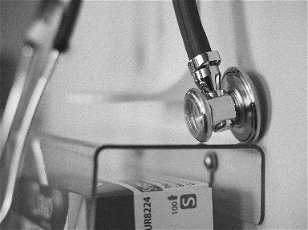15. Early in their careers, paramedics learn the medical use of the term "shock", as well as learning about this can best be treated. In 2008, at a basic level, how many different stages (not types) of shock were recognized and taught?
From Quiz Patient Assessment Basics [ 1 ]
Answer:
3
When I was a young paramedic, we were taught that there are three stages to shock, and these were defined as compensated shock, decompensated (or uncompensated) shock, and irreversible shock. In compensated shock, the patient may be lethargic or confused, and their pulse rate will be slightly elevated. In decompensated shock the patient may be confused or even unconscious, and their pulse rate will be markedly elevated. In irreversible shock, the patient will have a slow pulse rate and be in a coma. Now that I'm an old paramedic, these divisions have recently been further broken down, and you may see four or five different stages of shock listed in some texts.
 There are 118 known chemical elements, both natural and man-made. Which of the elements listed here are required for human health? Which are not? Sort these elements into one of these two categories.
There are 118 known chemical elements, both natural and man-made. Which of the elements listed here are required for human health? Which are not? Sort these elements into one of these two categories. 









 Quick Question
Quick Question